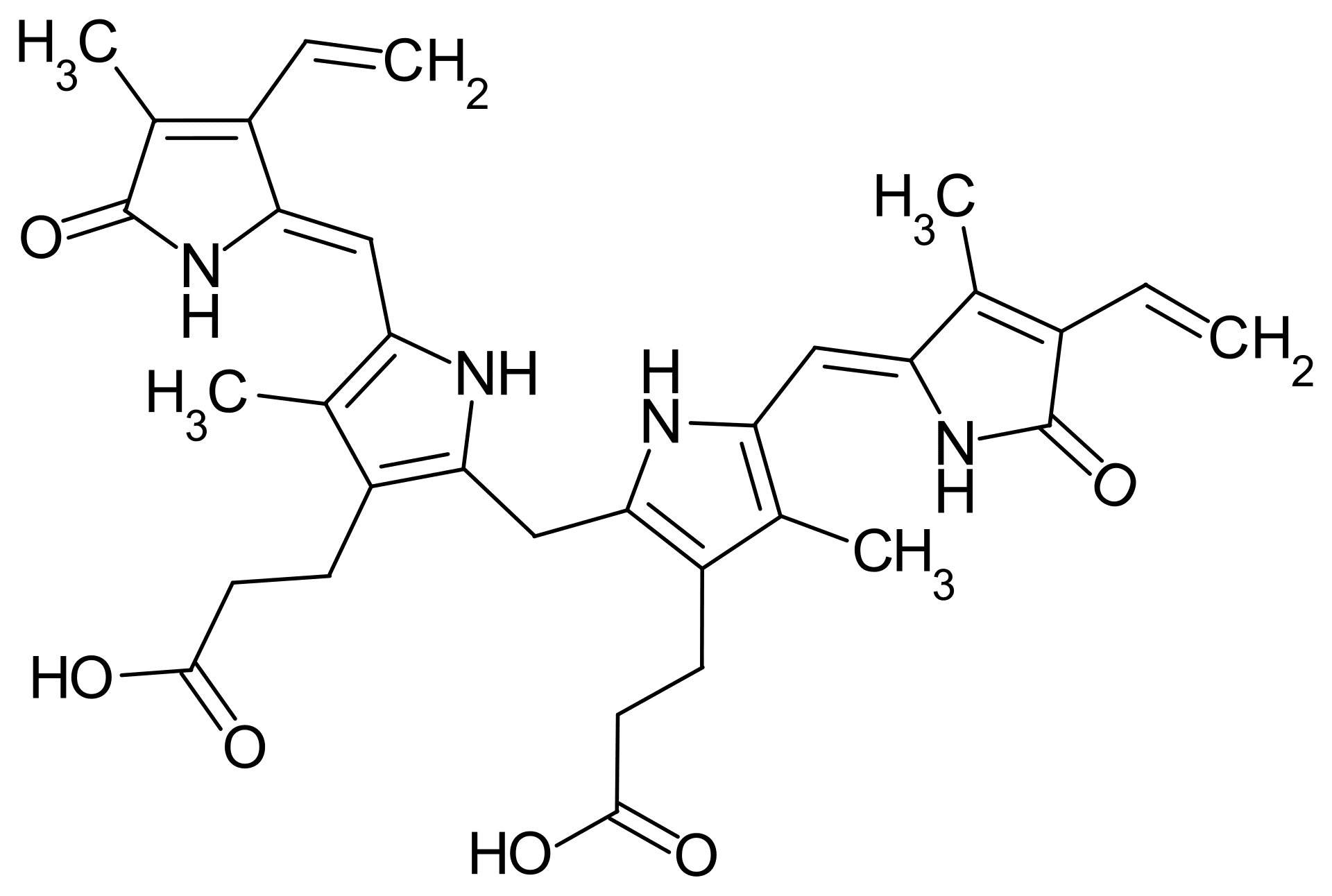Nutrition: Fueling Your Body for Health, Energy, and Growth
 Nutrition is the science of how food affects the body and is a fundamental aspect of human health and well-being. It plays a crucial role in providing the energy, nutrients, and building blocks necessary for growth, repair, and optimal bodily functions. Through the foods we consume, we supply our bodies with the essential vitamins, minerals, carbohydrates, proteins, and fats that fuel our cells, support our immune systems, and maintain our overall health.
Nutrition is the science of how food affects the body and is a fundamental aspect of human health and well-being. It plays a crucial role in providing the energy, nutrients, and building blocks necessary for growth, repair, and optimal bodily functions. Through the foods we consume, we supply our bodies with the essential vitamins, minerals, carbohydrates, proteins, and fats that fuel our cells, support our immune systems, and maintain our overall health.
The Importance of a Balanced Diet
A balanced diet, characterized by a variety of nutrient-dense foods, is essential for achieving optimal nutrition. This includes consuming adequate amounts of fruits, vegetables, whole grains, lean proteins, and healthy fats. These foods provide essential vitamins, minerals, fiber, and antioxidants, which are vital for supporting various bodily functions and preventing chronic diseases.
The Energy Fueling Our Bodies
One of the primary functions of nutrition is to provide energy for our bodies. Carbohydrates, the primary source of energy, are broken down into glucose, which fuels our cells and organs. Proteins, while primarily used for building and repairing tissues, can also be used as an energy source when necessary. Fats, in addition to providing energy, are essential for the absorption of certain vitamins, hormone production, and cell membrane structure.
Supporting Growth and Development
Beyond providing energy, nutrition plays a vital role in supporting growth and development. During childhood and adolescence, adequate nutrition is essential for proper physical and cognitive development. In adulthood, maintaining a balanced diet helps to preserve muscle mass, bone density, and overall health.
Boosting the Immune System
Moreover, nutrition has a significant impact on our immune system. A well-nourished body is better equipped to fight off infections and diseases. Vitamins and minerals, such as vitamin C, zinc, and selenium, play crucial roles in immune function. Adequate hydration is also essential for maintaining a healthy immune system.
The Impact on Mental Health
In addition to physical health, nutrition also influences our mental health. Studies have shown that certain nutrients, such as omega-3 fatty acids and B vitamins, are important for brain health and cognitive function. A balanced diet can help to reduce the risk of depression, anxiety, and other mental health disorders.
The Long-Term Consequences of Dietary Choices
Furthermore, the choices we make in our diet can have long-term consequences for our health. Poor dietary choices, such as excessive consumption of processed foods, sugary drinks, and unhealthy fats, can increase the risk of chronic diseases like obesity, heart disease, diabetes, and certain types of cancer. On the other hand, a healthy diet can help to prevent these diseases and improve our overall quality of life.
Closing Thoughts
Nutrition is a fundamental aspect of human health and well-being. By making informed choices about the foods we consume, we can provide our bodies with the nutrients they need to grow, develop, and function optimally. A balanced diet, combined with regular physical activity and adequate hydration, is essential for achieving and maintaining good health throughout life.

Matthew A. Webster, MA, MS, ED.D, LPC
Dr. Matt Webster is a professional educator, nutritionist, and therapist located in the Houston, Texas area. He specializes in couples therapy, sexuality, and maladaptive eating patterns with a focus on the role of nutrition. More About Matt >>
Last modified:









